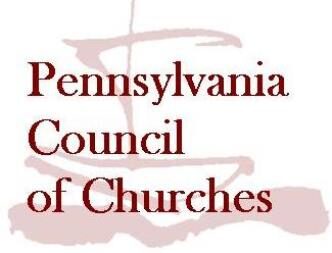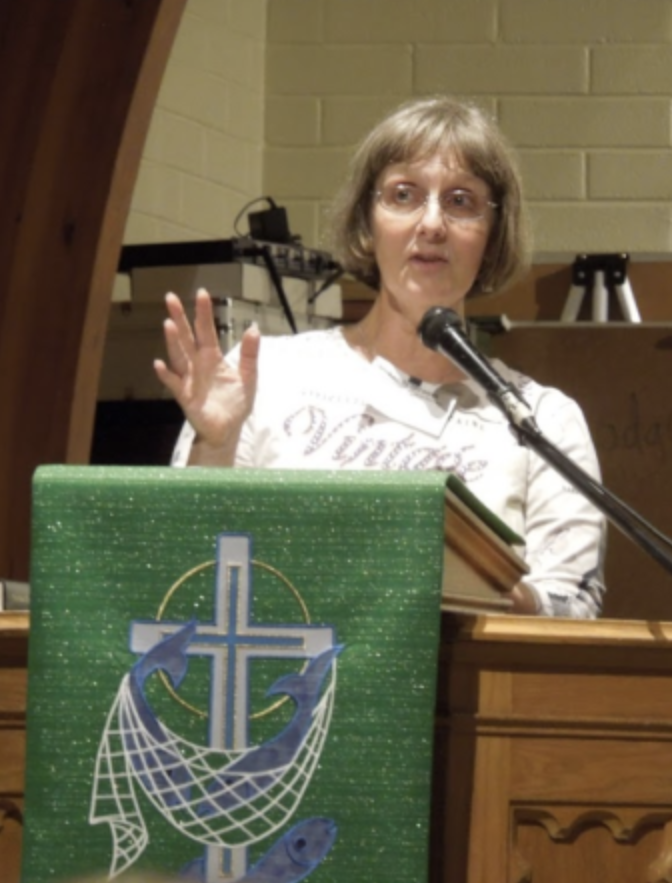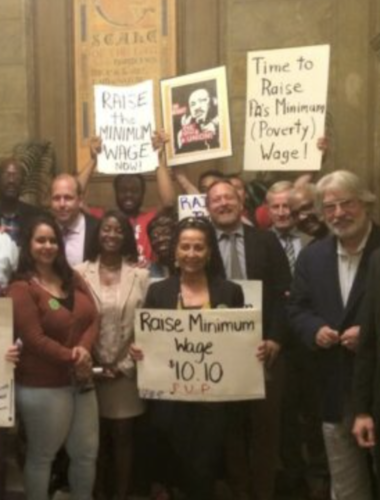Mission & Governance
The essence of our calling is summed up in fellowship, service, work for justice, but above all...Love.
The Pennsylvania Council of Churches is an exceptional and influential organization that unites Christian churches of various denominations throughout the Commonwealth of Pennsylvania. The Council has a rich history of cultivating unity, collaboration, and service among its member churches.
The Pennsylvania Council of Churches epitomizes the power of Christian unity and the transformative potential of collaboration. By nurturing fellowship, engaging in common ministries, and striving for visible unity, the Council continues to make a profound impact on the lives of people across Pennsylvania.
Membership Categories
The Pennsylvania Council of Churches recognizes two primary membership categories:
Member Church Bodies (Voting Members): These are churches with at least five congregations within their regional jurisdiction.
Affiliate Members (Non-Voting Members): These include churches with fewer than five congregations or organizations of regional or statewide scope that align with the Council’s Constitution and Bylaws.
Board of Directors
The Council’s governance is entrusted to a Board of Directors, comprising voting members:
- Officers of the Council: President, Vice President, Secretary, and Treasurer
- Chief Executive Officers of Member Church Bodies (or their proxies)
- Executive Director
- Voting Members of the Executive Committee (not otherwise seated as voting members of the Board)
Officers must be members in good standing of a member church body and must be endorsed for service by that church body. The Executive Director serves as the Council’s chief executive officer.
Council Committees
The Council operates through three committees:
- Executive Committee: is responsible to the Board of Directors, and has the powers of the Board between meetings, except those duties specifically assigned to the Board in the Constitution; it may not, however, rescind or contravene earlier actions of the Board. The Executive Committee coordinates implementation of policies, directions, and commitments of the Council, proposes policy revisions, and presents the annual budget to the Board.
- Personnel Committee: Handles personnel matters, including recruitment, selection, and evaluation of staff.
- Finance and Facilities Committee: Manages the Council’s financial resources and oversees property maintenance and utilization.
Commissions
The Council’s work is further guided by three commissions:
Commission on Unity and Relationships: offers direction and oversight to programs and initiatives promoting fellowship among the Christian churches of Pennsylvania and advancing the goal of visible unity.
Commission on Public Witness: offers direction and oversight to programs and initiatives witnessing to the Gospel’s call to strive for justice and peace among all people and to respect the dignity of every human being.
Commission on Common Ministries: offers direction and oversight to programs and initiatives seeking to serve Christ in all persons and to loving ones neighbor.



